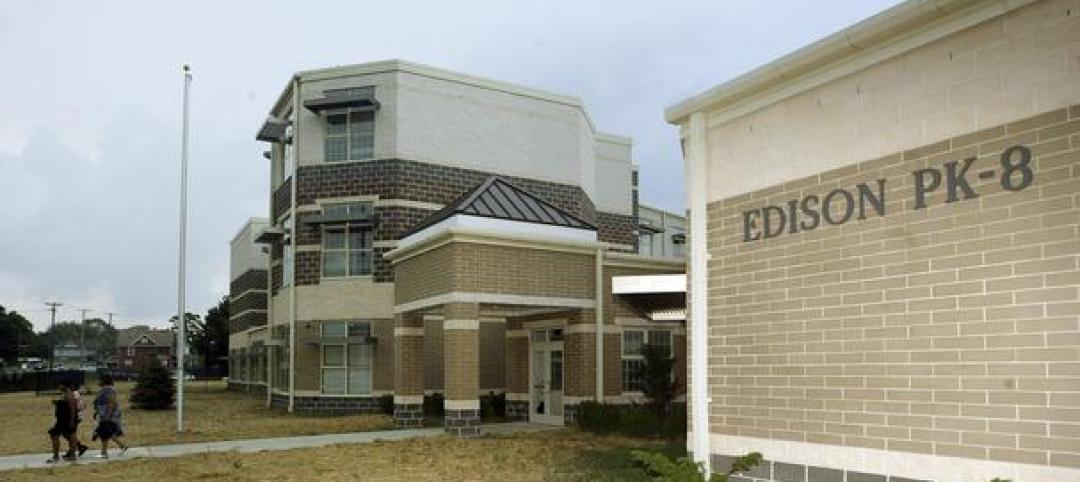The Eugene, Ore., City Council recently passed an ordinance aimed at steeply reducing energy consumption and greenhouse gas emissions. The city of 158,000wants to reduce community-wide greenhouse gas emissions 10% below 1990 levels by 2020, and reduce fossil fuel use by 50% by 2030.
Eugene is developing an energy inventory for its entire economy. After that is completed, it will consider voluntary energy-saving measures in the private sector, such as easier permitting for energy-efficient construction and energy performance scores for commercial buildings. The city will also consider other measures like commercial food-waste composting in restaurants and grocery stores to reduce methane emissions from landfills.
Eugene has made significant progress in reducing emissions recently from transportation without any concerted plan. Transportation emissions have dropped 2.5% per year since 2010, despite some population growth. This is largely due to economic and cultural shifts: the recession, the rise of telecommuting, online shopping and entertainment, transit, biking, more efficient cars, and higher gasoline prices. The city has encouraged these trends by improving bus service and developing a master plan for sidewalk and bike path improvements.
City government has rejected hard caps on emissions to date, focusing instead on voluntary measures and incentives for the private sector.
(http://grist.org/climate-energy/what-can-small-cities-do-to-fight-climate-change/)
Related Stories
| Dec 15, 2011
Dayton, Ohio schools saving $2.6 million annually by building to LEED
On average, green schools save about $100,000 a year on operating costs, including energy and water savings.
| Dec 15, 2011
Building to LEED standards can pose new risks for construction workers
Workers on these projects suffer a 24% increase in falls to lower levels during roof work, which researchers attributed to the installation of solar panels, and a few other risks.
| Dec 15, 2011
NRDC charges Maine governor with weakening green wood requirement
The FSC program is administered through the Leadership in Energy and Environmental Design (LEED) and requires wood to be harvested in a sustainable way.
| Dec 15, 2011
Post-tornado, Tuscaloosa seeks to create walkable urban, retail areas
Block sizes initially were limited to a maximum perimeter of 1,750 feet, with no side of the block being longer than 500 feet.
| Dec 15, 2011
Allentown, Pa. city council asked to repeal union-friendly law
The mayor of Allentown, Pa. asked the City Council to repeal a year-old ordinance that forces contractors to hire union workers for large city projects funded with state and federal dollars.
| Dec 13, 2011
LEED-EB outpaces LEED for new construction
The U.S. Green Building Council's (USGBC's) LEED certifications for existing buildings standard is outpacing LEED for new buildings for the first time.
| Dec 13, 2011
Regulators charge pervasive abuse of construction workers in Connecticut
Federal and state regulators say they have uncovered what they call "widespread noncompliance" with minimum wage and overtime laws in Connecticut's construction industry.
| Dec 13, 2011
Philadelphia mayor signs order for project labor agreements
Philadelphia Mayor Michael Nutter signed an executive order establishing project labor agreements for major public works projects in Philadelphia.
| Dec 13, 2011
Improved code requirements for attic ventilation
The Roof Assembly Ventilation Coalition (RAVC) participated in the development of the code.
| Dec 12, 2011
LEED-EB Outpaces LEED for New Construction
The U.S. Green Building Council’s (USGBC’s) LEED certifications for existing buildings standard is outpacing LEED for new buildings for the first time.














